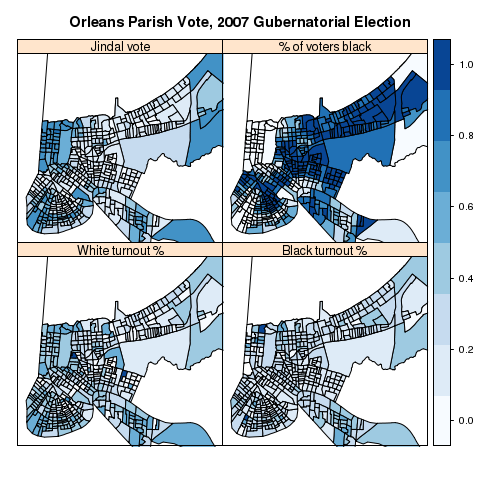As reported in today’s edition of InsideHigherEd, a New Jersey teen has discovered something heretofore only known to every potential adopter of Wilson and Dilulio’s American Government text: namely, that the authors are conservative and take that viewpoint in their textbook. The Center for Inquiry has cataloged a few problems with the textbook, most of which can be chalked up to sloppy phrasing or editing (a problem endemic to American government texts, to say nothing of textbooks in general).
For example, much of the CoI complaint is about the authors’ mischaracterization of the Supreme Court’s rulings on prayer in public schools, but the mish-mash of rulings from the court aren’t exactly clear—hence why the report spends pages going into the nuances of those rulings—and they border on being contradictory (essentially requiring judges to mind-read whether a state or locality mandating “moments of silence” had religious intent or not when adopting the law). Furthermore, I suspect most students’ eyes would glaze over at a full treatment of this minor subject in what is supposed to be an introductory text; hashing out the nuances of the Supreme Court’s establishment clause doctrine would take 2–3 lectures in a constitutional law course, and you’re not going to do justice to it in at most five minutes of intro lecture.
That said, Wilson and Dilulio appear to have overstated the degree of controversy within the scientific community over global warming and climate change—but that doesn’t change the fact that there is little political consensus within the United States about the appropriateness of particular public policies to combat climate change, or even a political consensus that the scientific consensus is correct.
There is also a broader concern, in that the College Board is apparently reviewing the “appropriateness” of the use of the text in AP government courses. Frankly (speaking only in my individual capacity and not as an employee of ETS, the corporation that grades the exam on behalf of the College Board), the only criterion the College Board should be using is whether or not the textbook covers the topics that are examined on the AP exam in sufficient depth and accuracy. If the Wilson and Dilulio text contains a greater-than-average degree of factual inaccuracy (which, in my view, seems unlikely given the number of egregious errors or omissions I regularly discover in textbooks when asked to review them), then it should be avoided, but whether or not the authors take positions on anthropogenic global warming that conform with the political beliefs of the College Board is immaterial. In that regard—and probably only in that regard—I am in agreement with Richard Vedder.
All that said, I don’t use Wilson and Dilulio’s book, as I would not use any book that has a strong ideological bent in my introduction to American government course (similarly, I wouldn’t use Miroff, Seidelman, and Swanstrom’s book, a textbook from the same publisher written by three left-leaning political scientists, either—another disclaimer: Todd Swanstrom and I worked together at SLU). And I’d have a problem with it being assigned as the primary textbook in a mandatory course in a public school where students had no choice as to which instructor’s course to take—but AP Government is an elective intended to replicate a college-level course where students are not expected to be mindless consumers of the course materials but instead to engage critically with them even if they disagree with the ideas of the authors, so that complaint doesn’t fly here, and takes it over the line from a “force-feeding of ideology” issue into an “academic freedom” issue.
So, in sum: the teen is right to complain about the factual problems with the text, and those should be corrected (shame on the reviewers and editors for allowing those to get through). But otherwise Wilson and Dilulio have every right to write a textbook that reflects their views about American politics, just as seemingly hundreds of other professors have exercised their similar right to do so, and the instructor has every right to choose that book if he believes it provides the best preparation for students to succeed on the examination (which, in an AP course, is really at the heart of the instructor’s primary responsibility—you can complain about “teaching to the test” all you want, but in this case the test is the whole point of the course).
Update: Also covered at Hit and Run, Watts Up With That?, and No Left Turns.
![Welcome to Signifying Nothing [Signifying Nothing]](/local/memlogo-1.png)

